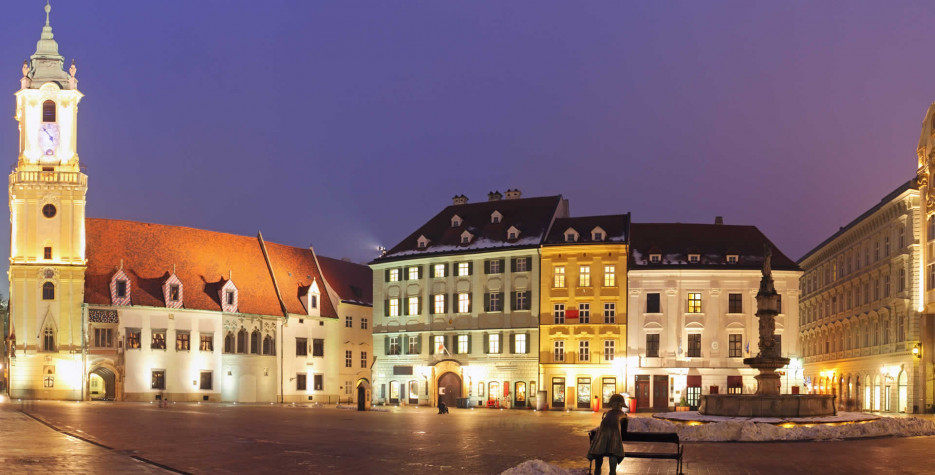Day of Freedom and Democracy in Slovakia in 2026
The Slovak government has decided to remove November 17th from the list of public holidays and make it a regular working day as part of a broader fiscal consolidation plan.
When is Day of Freedom and Democracy?
This public holiday is always celebrated on November 17th in the Czech Republic.
In the Czech Republic, the full title of this holiday is Day of Freedom and Democracy and International Student Day. The name of the holiday was the Struggle for Freedom and Democracy Day until 2019.
The Day of the Struggle for Freedom and Democracy in Slovakia
In June 2025, Prime Minister Robert Fico’s coalition government agreed to cancel the public holiday on November 17th – The Day of the Struggle for Freedom and Democracy – turning it into a regular working day starting in 2025. Although the holiday will retain its symbolic designation, Slovaks will no longer have the day off – at least not in the coming years.
The decision is part of a broader fiscal strategy, after the government faced a backlash on the financial transaction tax.
History of Day of Freedom and Democracy and International Student Day
The Twentieth century was a tumultuous time for both these countries. Indeed, until 1993 they were both part of the same country - Czechoslovakia.
During that time, they had to endure occupation by the Nazis during World War II and following that, the country was under communist rule until 1989.
During both regimes, it was students who led nationwide protests and this day essentially celebrates the political role of students. November 17th is sometimes referred to as World Students Day.
The date of November 17th commemorates the 1939 Nazi storming of the University of Prague following demonstrations against the occupation of Czechoslovakia. It led to the execution of nine student leaders and over 1200 students were sent to concentration camps.
In 1989 there was a memorial march to mark the 50th anniversary of the student revolt. The authorities tried to suppress the march, which only led to an avalanche of popular protests in Czech and Slovak cities. Over the following days, the protests grew into non-violent strikes at first involving students and later all citizens of Czechoslovakia.
This became known as the Velvet Revolution and marked the beginning of the end of the communist regime that had ruled the country for more than four decades. Vaclav Havel was elected president and Alexander Dubcek became federal Czechoslovak Speaker.


